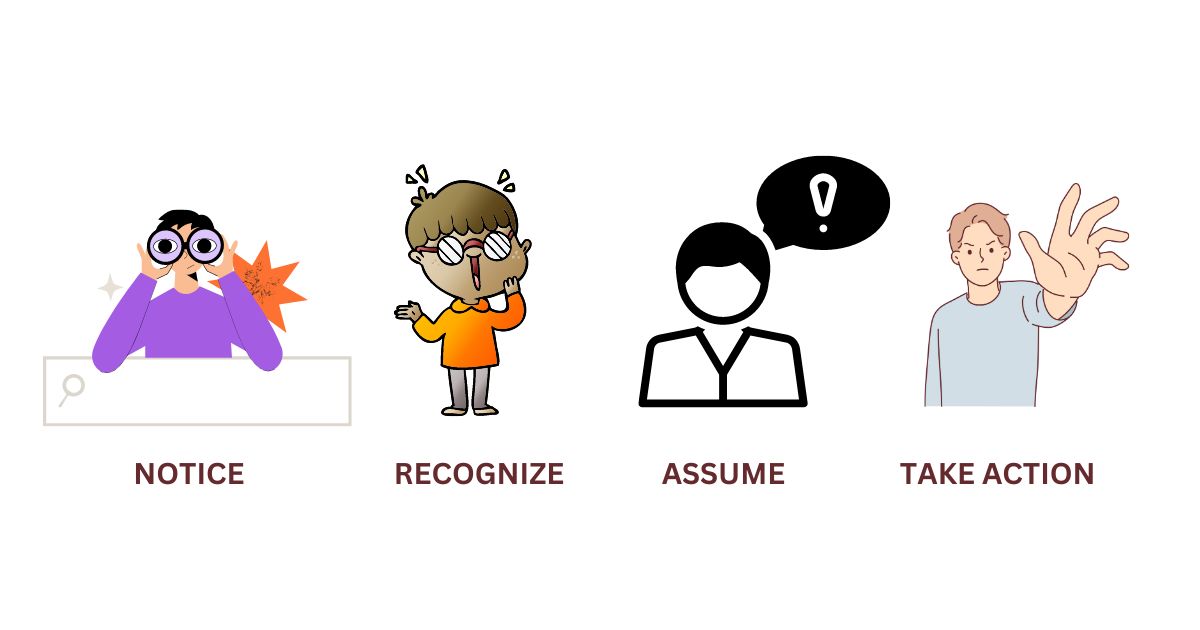Eleanor is 85 years old and spends many of her days in various doctors’ offices. Her osteopath checks her progress after a recent hip replacement. Her rheumatologist helps manage her arthritis pain. She sees her cardiologist after a mild heart episode and her primary care physician treats her hypertension. No one has yet addressed her depression. With each visit, Eleanor receives prescriptions, instructions, and tests — so many that she feels overwhelmed and underinformed.
Many seniors seeking medical care have multiple chronic conditions. In fact, it’s estimated that three in four older Americans live with MCC. That figure is only going to increase as baby boomers age. This challenges has been recognized by the U.S. Department of Health and Human Services. They are initiating federal programs to prevent and manage MCC.
As one of those programs, Medicare is now paying primary care doctors to coordinate care for their elderly patients. Typically, when seniors see so many different doctors, their care is quite fragmented. MRIs and x-rays can be duplicated (and costly) and results aren’t shared between the various specialists. Dangerous drug interactions can adversely affect patient, leading to more doctor visits and deteriorating health.
Primary care physicians are ideally situated to oversee their patients overall health. Services include non-face-to-face planning and management for patients with two or more chronic conditions. To collect the new fee, doctors would have to create a care plan for their MCC patients and spend time each month working with their various specialty physicians.
“We’re hoping to spur change, getting physicians to be much more willing to spend time working on the needs of these patients without necessitating the patient to come into the office,” Sean Cavanaugh, deputy administrator at the Centers for Medicare and Medicaid Services told The Associated Press.
Critics of the plan say the proposed $40 per qualified patient per month is not enough to entice doctors to take on the extra work involved. They suggest it opens the door for even more Medicare fraud. But many doctors, especially those in smaller communities, have for years coordinated care for their senior patients with no compensation. “Quite honestly, I just didn’t get paid for it,” said Dr. Robert Wergin, president of the American Academy of Family Physicians told the AP. Dr. Wergin spends about 2 hours a day calling on his older patients who can’t make it into his office.
Many times, caregivers also play the part of care coordinator, especially if they accompany their senior to many of their doctor visits. However, it is no doubt helpful if a professional oversees medication prescriptions, possible test duplications, and the coordination of specialists. It’s the hope of Medicare to not only increase the quality of life for patients by strengthening primary care but also, let’s face it, save money on hospital stays, emergency room visits, and post-acute care.
Do you as a caregiver coordinate any of the care for your senior? If so, how involved are you? Do doctors welcome your care coordination? Have you utilized the Caregiverlist Care Consierge to create your own Senior Care Plan? We’d love to hear from you in the comments.
Main Menu
Main Menu
Main Menu







